Editor’s Note: This piece will contain references to sexual assault.
As a Black woman and 2019 graduate of Vanderbilt University, I have made it my life’s mission to advocate for Black women and nonbinary femmes¹, and I find myself again enraged. Throughout my life, I have constantly had to confront the reality that I, as a dark-skinned, able-bodied, cisgender Black woman, am not viewed as fully human.
This year, specifically, has forced me to witness the horrific consequences of our dehumanization as time and again, members of my beloved community have turned into hashtags and rallying points for this revolution. (Rest in power: Riah Milton, Dominique Fells, Breonna Taylor, Nina Pop and many more.) Furthermore, I have watched them be hailed as martyrs while receiving no justice. Black women and nonbinary femmes are expected to sacrifice everything without receiving anything in return. No justice. No protection. No respect. This nation is—and has always been—in a moment when silence and inaction are not options.
It must now be stated that a major cause of Black women’s and nonbinary femmes’ deaths is misogynoir in our society. Coined by Moya Bailey, misogynoir is defined as the intersection of sexism² and racism³ specifically experienced by Black women and Black nonbinary femmes. Misogynoir also interacts with other forms of oppression such as colorism⁴, transphobia⁵, ableism⁶ and homophobia⁷.
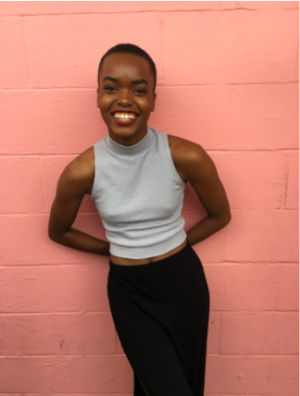
Together, transphobia and misogynoir create an environment where Black trans women are disproportionately murdered. Misogynoir and colorism cause dark-skinned Black women and nonbinary femmes to be perceived as aggressive and disregarded. Ableism and misogynoir result in the creation of inaccessible environments and the functional invisibility of Black women and nonbinary femmes with disabilities. Lastly, homophobia and misogynoir explain why queer Black women’s and nonbinary femmes’ sexualities are often fetishized and sexualized for the gaze of men. Each of these has been or will be experienced by Black women and nonbinary femmes on Vanderbilt’s campus.
The perpetrators of these forms of discrimination are not exclusively white or non-Black people. Black men are some of the biggest perpetrators of these oppressions. Even Black women actively participate in the perpetuation of these systems. Misogynoir, transphobia, colorism, ableism and homophobia not only are why Black women and nonbinary femmes are killed with impunity but are also why our general abuse is ignored—abuse such as sexual assault.
Recently on Twitter, a number of Black women who are current and former students of Vanderbilt University, including myself, Erin E. Hardnett, reported our on-campus experiences of sexual assault involving members of Vanderbilt’s football team. I stated that a former Vanderbilt football player brutalized me when I was a first-year, and I didn’t report him out of both the fear of backlash as well as shame for continuing to see him for months after. My account is THE TRUTH, not just my truth. Vanderbilt has an insidious culture of supporting rapists over survivors, which is demonstrated by a previous complaint filed to the Department of Education’s Office of Civil Rights against Vanderbilt in which a survivor claimed that Vanderbilt discouraged victims from reporting.
The involvement of misogynoir and its manifestations leaves Black women and nonbinary femmes acutely vulnerable to assault. My experience is not uncommon at Vanderbilt. Rather, according to Vanderbilt’s sexual assault and misconduct survey, my experience is one example of an endemic and despicable culture of accepting rape and sexual violence as the natural byproduct of Vanderbilt student life.
I cannot understate how experiences of women and nonbinary femmes who look like me are maligned, disregarded and supported less because of the intersectional discrimination that devalues us. I must emphasize that I am a bald and dark-skinned Black woman. While I have been receiving support, my experience has received less attention on Twitter because I lack a proximity to whiteness and its image of femininity that prompts an outpouring of support from those inside and outside of the Black community. When you read my account, remember to check your colorism and misogynoir at the door; and when you read the other women’s accounts, check your biases too. Otherwise, your opinion is invalid and serves only to perpetuate the ongoing dehumanization of Black women and nonbinary femmes like me.
In an email sent from the College of Arts and Science that Vanderbilt students and alum received, John Geer stated, “it is part of the College’s mission to engage in learning, discovery, and service that tackle the most pressing problems facing society.” Well, Vanderbilt, you can start with Black women and nonbinary femmes. Specifically, you can start with supporting the many of us on your campus who suffer in silence. Vanderbilt cannot claim to want to participate in societal change without first addressing its own active misogynoir, transphobia, colorism, ableism and homophobia. Vanderbilt must realize that its football program is irredeemable and must be disbanded and rebuilt from the bottom up. This institution must realize that Project Safe, the University Counseling Center and the Title IX and Student Discrimination Office are inadequate and intentionally undermined and underfunded. Vanderbilt is culpable for the harmful environment it allows to continually thrive. Words with inaction are meaningless. Silence and equivocation are cowardly. Step up or shut up.
¹ Femme: “a descriptor for a queer person who presents and acts in a traditionally feminine manner.”
² Sexism: “descrimination based on sex or gender, or the belief that because men are superior to women, desrimination is justified”
³ Racism: “the systemic subordination of member of targeted racial groups who have relatively little social power in the United States.”
⁴ Colorism: descrimination toward people with darker skin tones and preferential treatment and opinions of people with lighter skin tones.
⁵ Transphobia: “fear, hatred, disbelief, or mistrust of people who are transgender, thought to be transgender, or whose gender expression doesn’t conform to traditional gender roles”
⁶ Ableism: “the discrimination of and social prejudice against people with disabilities based on the belief that typical abilities are superior.”
⁷ Homophobia: “the fear, hatred, discomfort with, or mistrust of people who are lesbian, gay, or bisexual.”
NOTE: This article is an extremely simplified version of a greater conversation that must be held immediately. We all must hold ourselves accountable to learn about all systems of oppression in which we are either the oppressed or oppressor. Additionally, all of these systems of oppression must be addressed swiftly and simultaneously. Vanderbilt, this cannot wait.

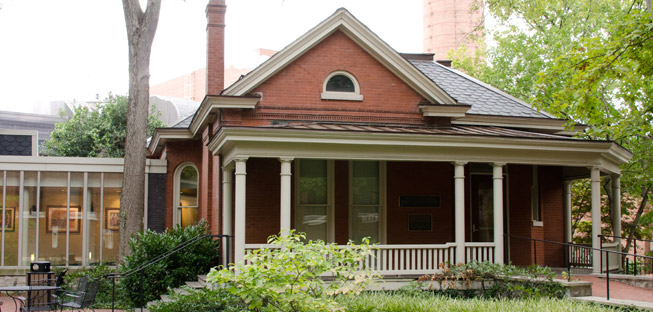
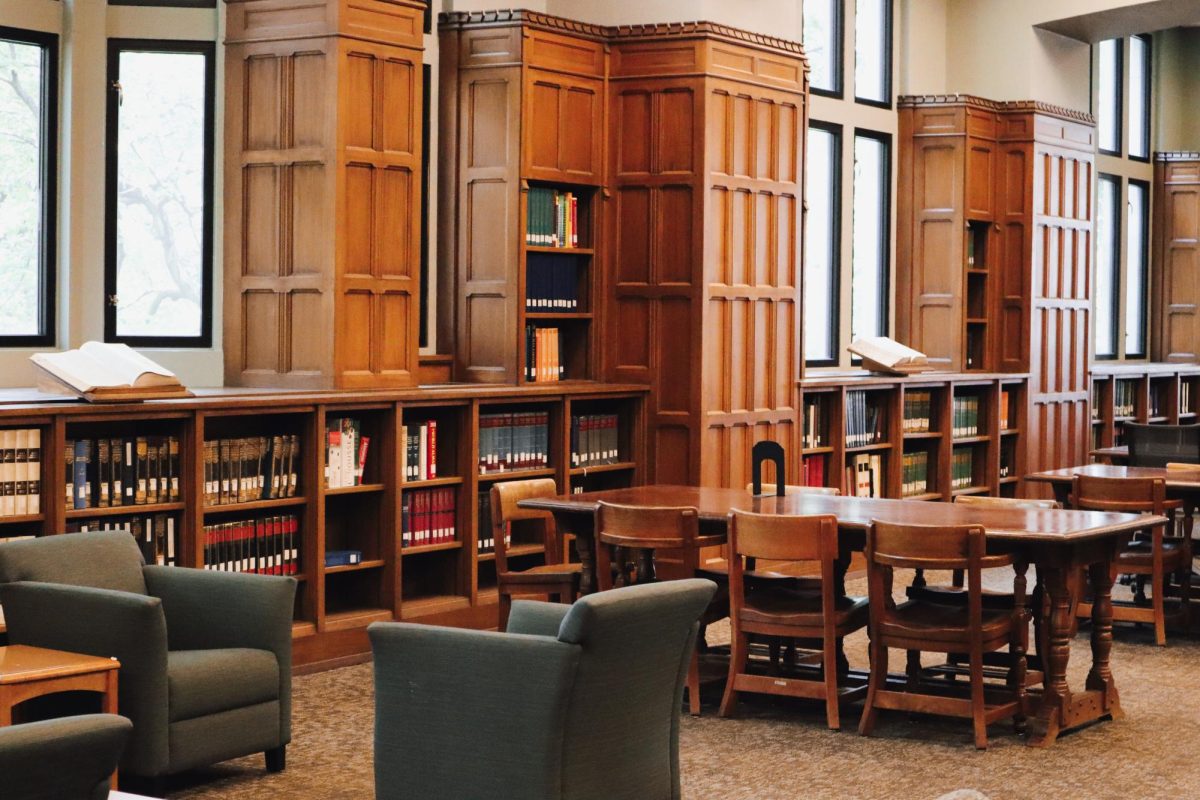
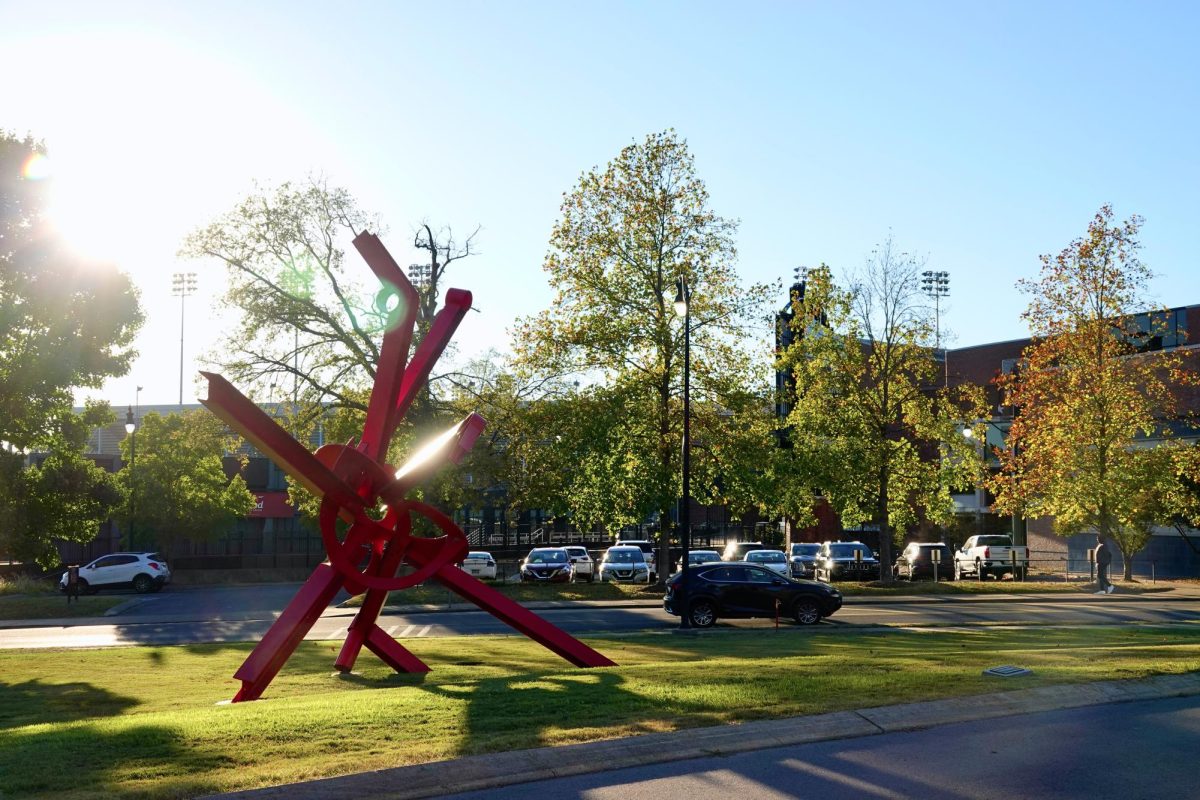
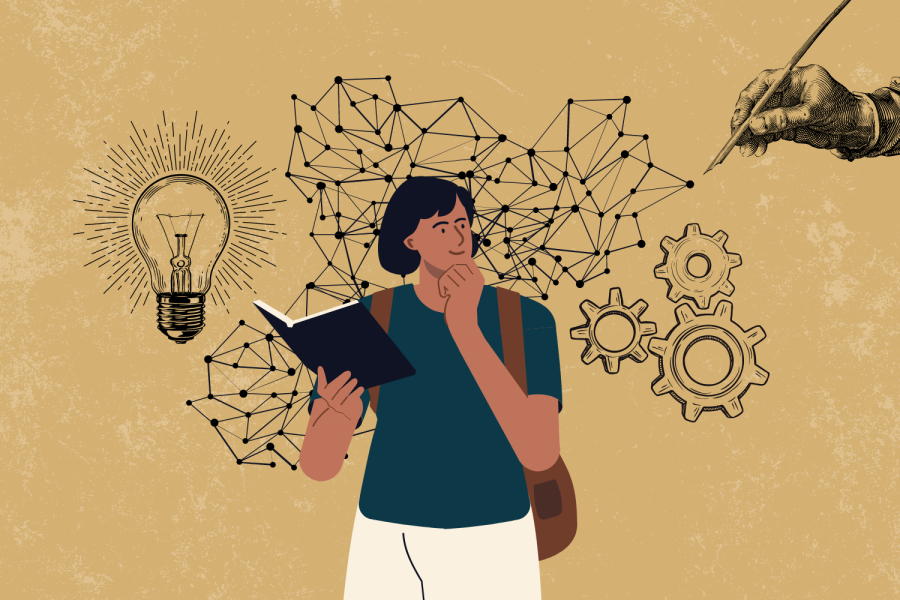
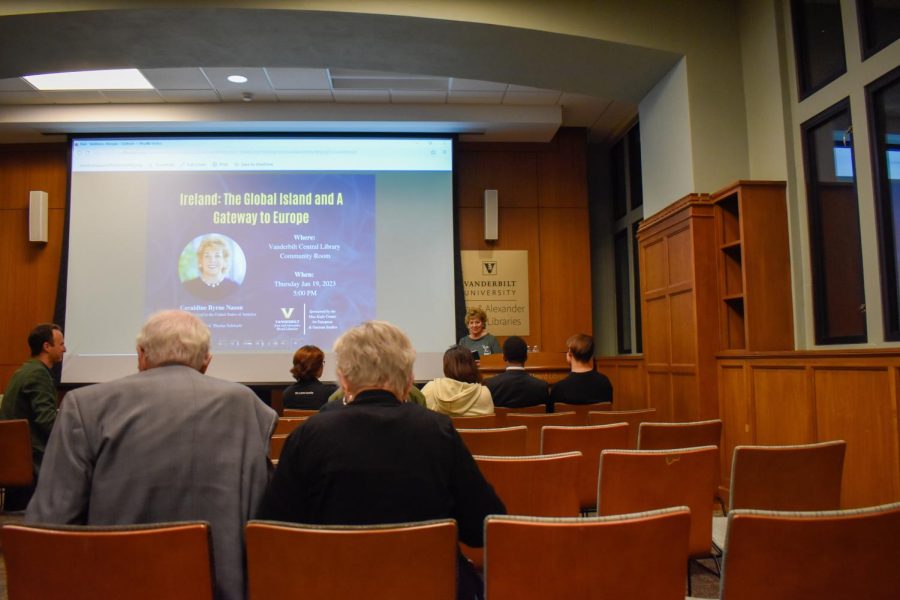
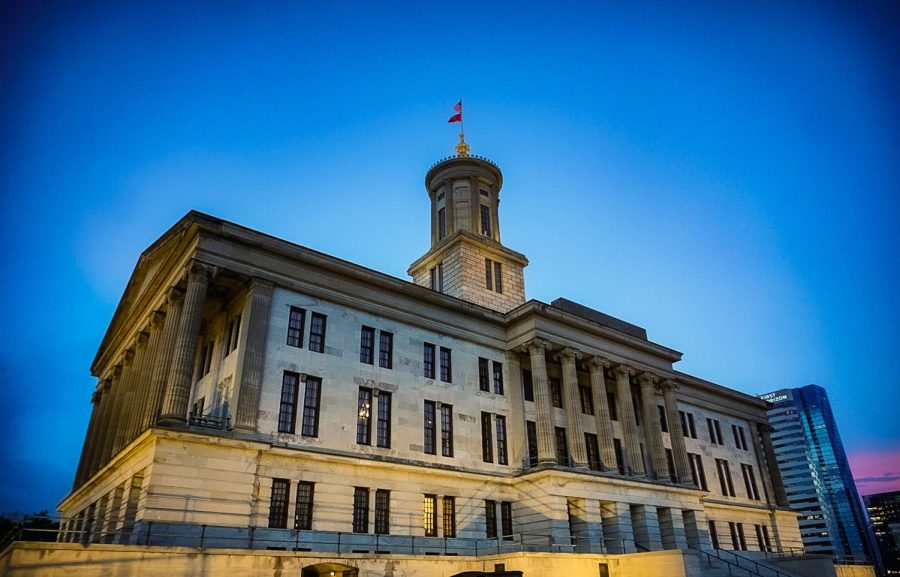

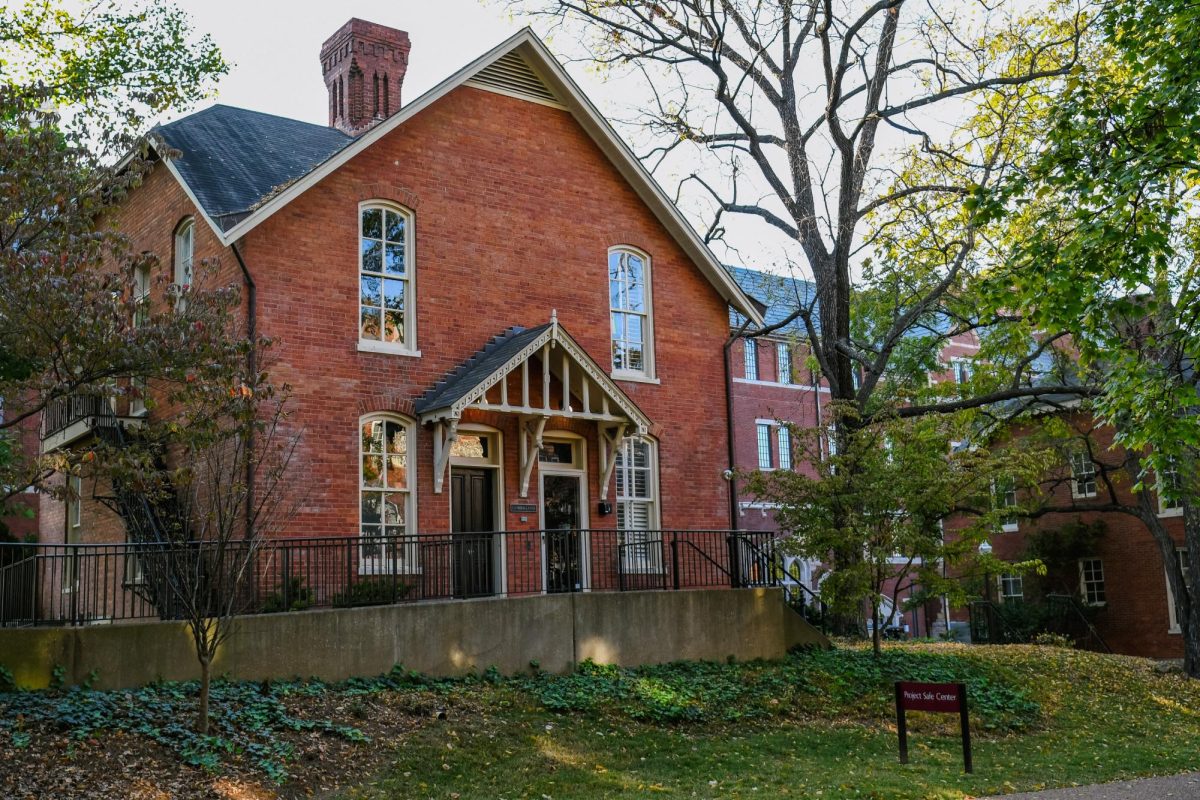

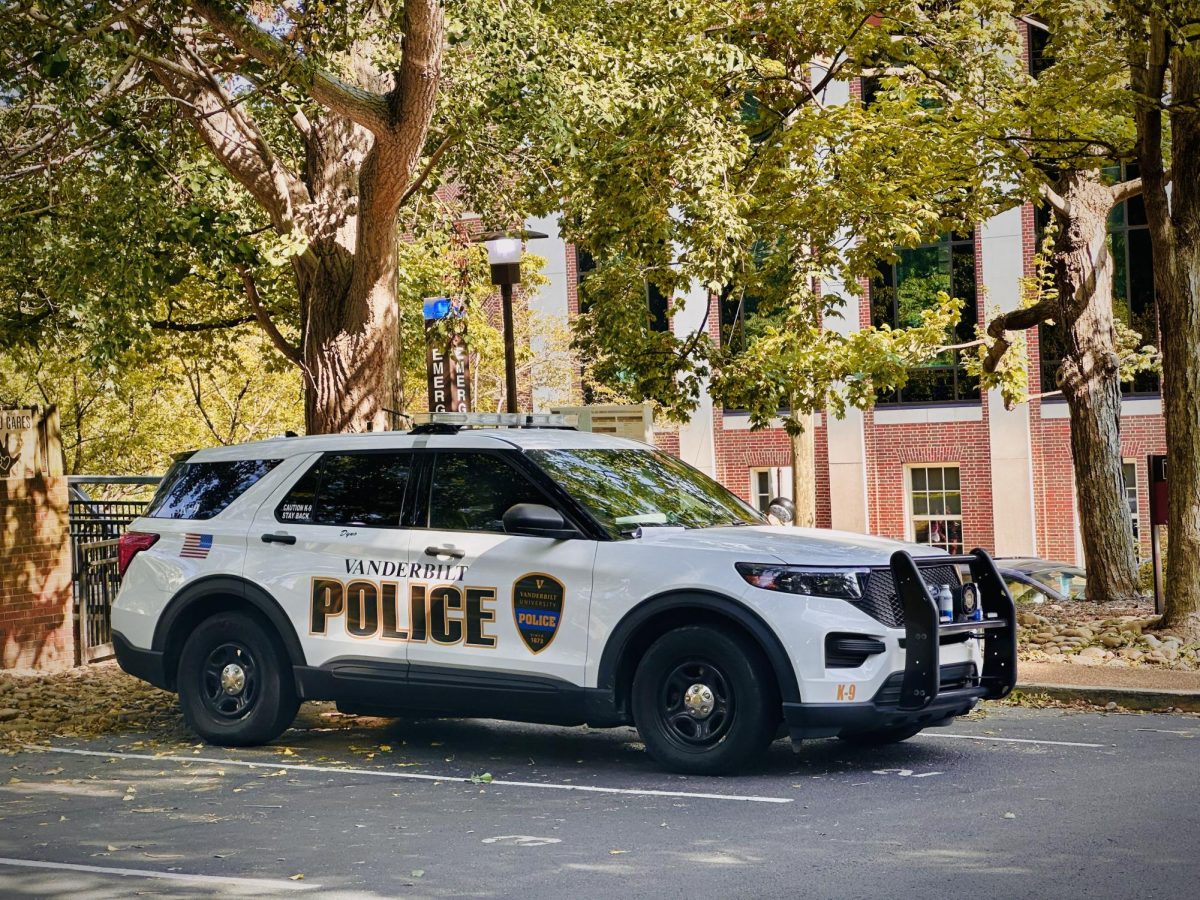
Sam Jewett • Jun 27, 2020 at 12:10 pm CDT
Thank you so much for sharing this. ’11 grad and so saddened by the culture of this campus. Your words bring our school’s, faculties’, and students’ issues to light.